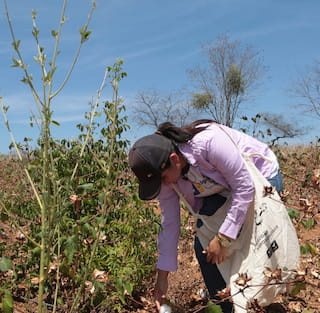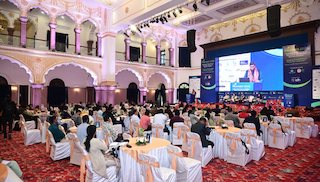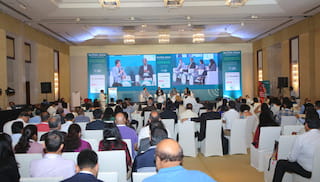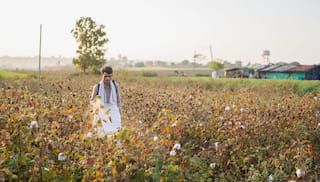Creating positive impact for people, planet and progress
Together with our partners, we’re working to develop sustainable business models, create positive on-the-ground impact and improve sector governance in key materials-producing countries.

Textile value chains are long and complex, spanning many types of companies, each with its own social and environmental sustainability challenges.
From cotton to responsibly sourced alternatives for virgin material, our program fosters climate-resilient and regenerative value chains.
Through partnerships with leading brands, retailers and producing country governments, we focus on creating impact in the areas of wages, working conditions, gender, sustainable sourcing and smallholder inclusion. Addressing issues at a systemic level through landscape approaches and initiatives from materials to markets.

Together with our partners, we’re working to develop sustainable business models, create positive on-the-ground impact and improve sector governance in key materials-producing countries.
“For a transition to a just and regenerative economy, it is important for all stakeholders, producers, businesses, governments, investors, and donors, to act as agents of change. We must begin to face the fact that for system-level shifts, business as usual will just not cut it.”
Working for community resilience, thriving ecosystems and enhanced natural resources.
Supporting sustainable trade and climate-resilient practices for cotton farmers, de-risking them from climate impacts in global value chains.
Working with Better Cotton to enhance climate resilience and smallholder livelihoods, leveraging our expertise in landscape and impact finance.
AMAP aims to accelerate the adoption of recycled cotton and polyester by 2025 and man-made cellulosic fibers (MMCFs) by 2030.


